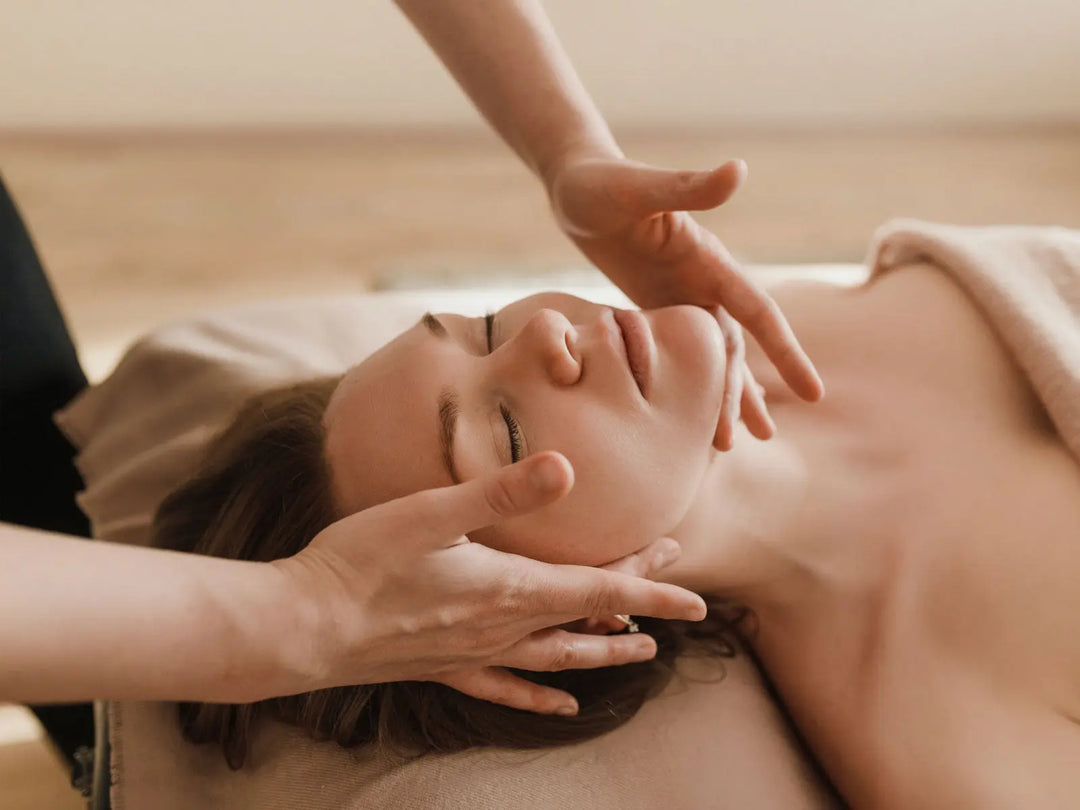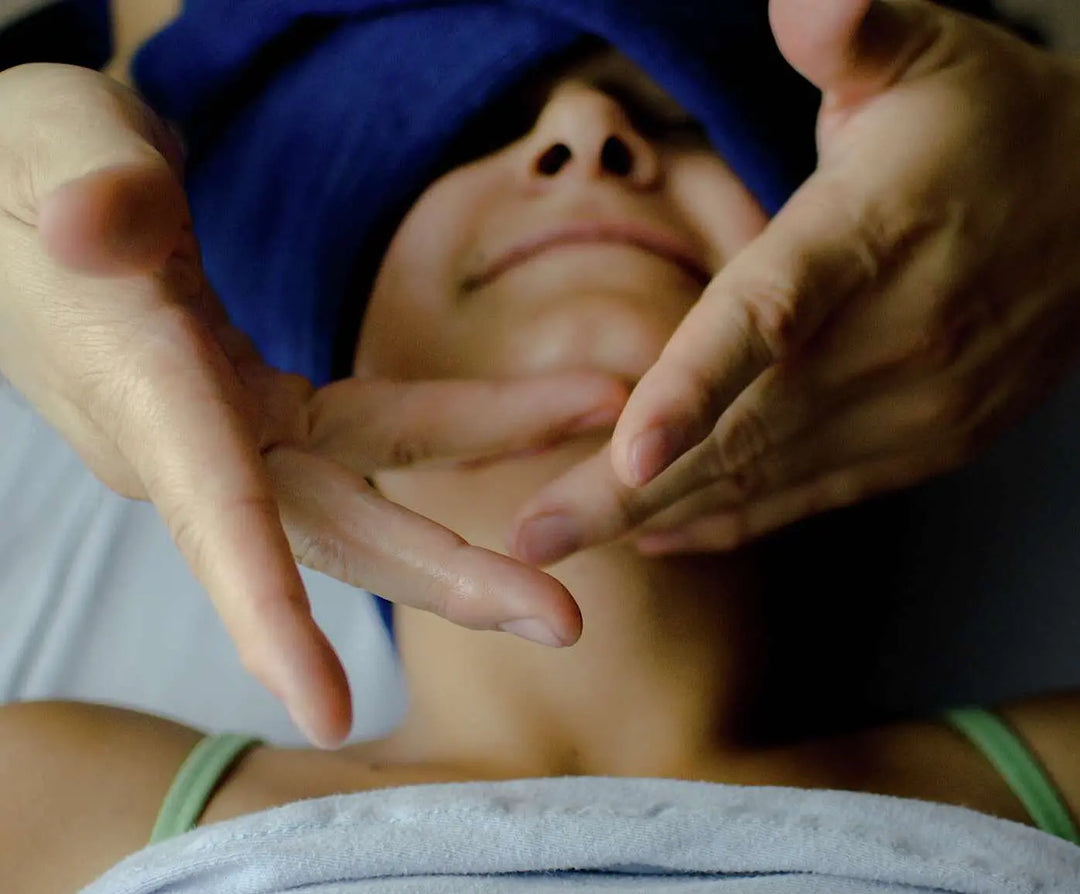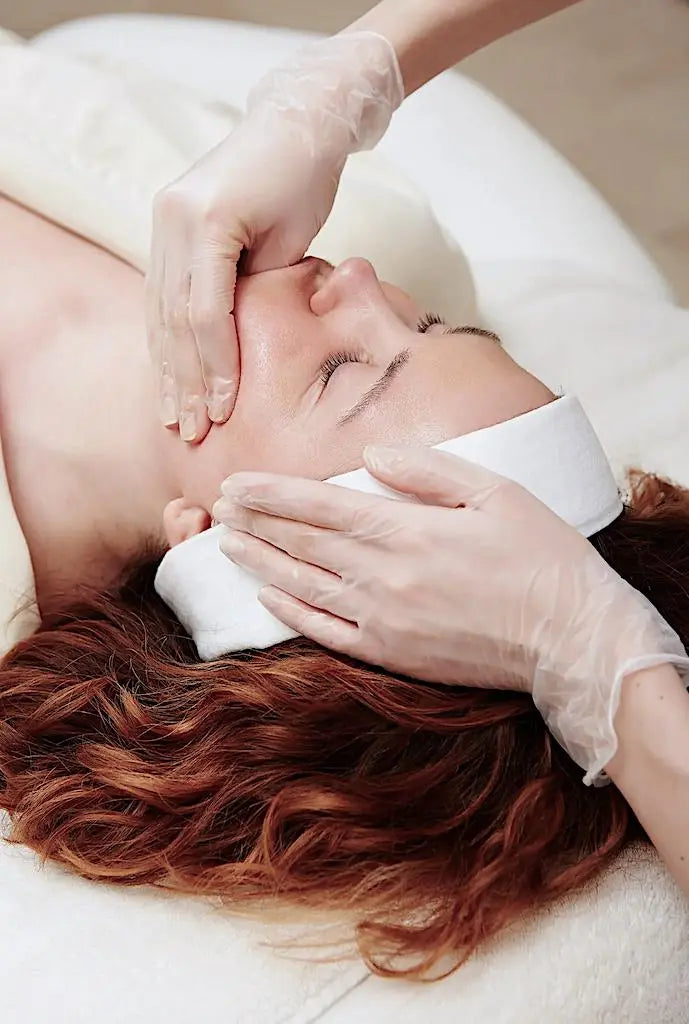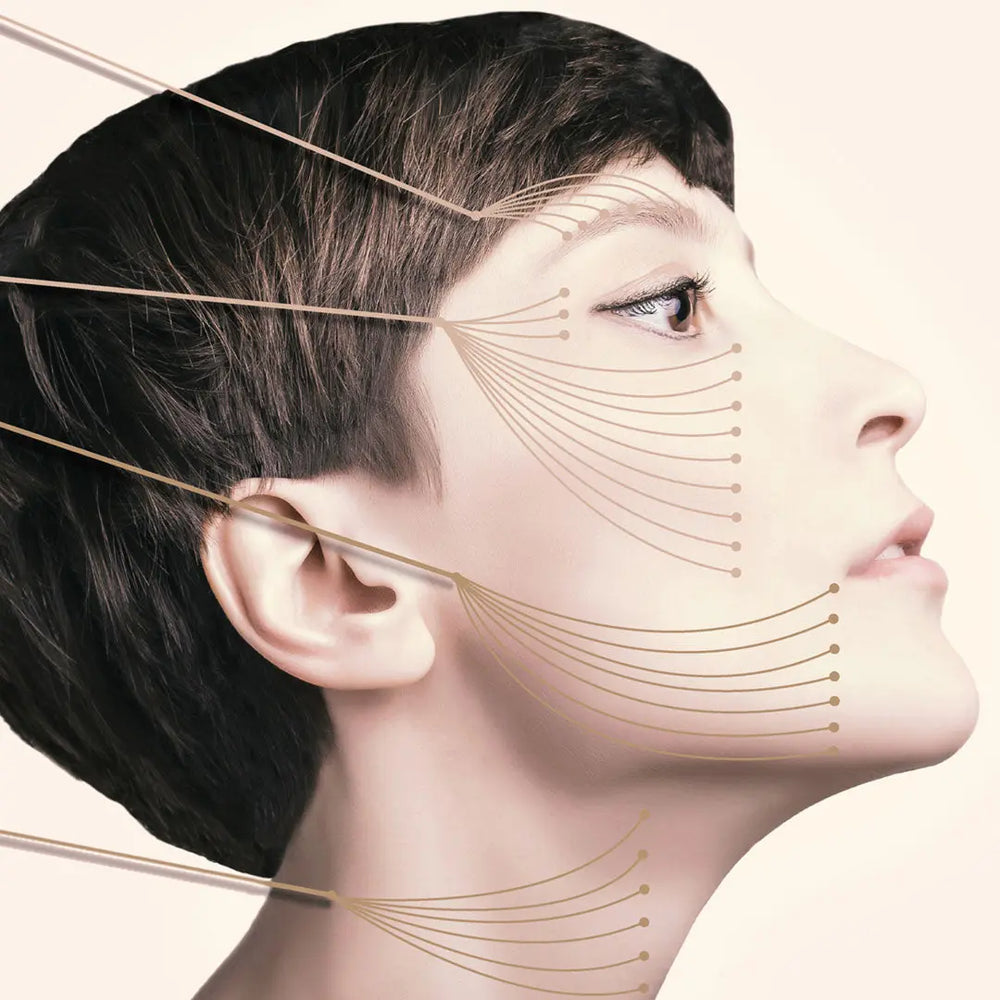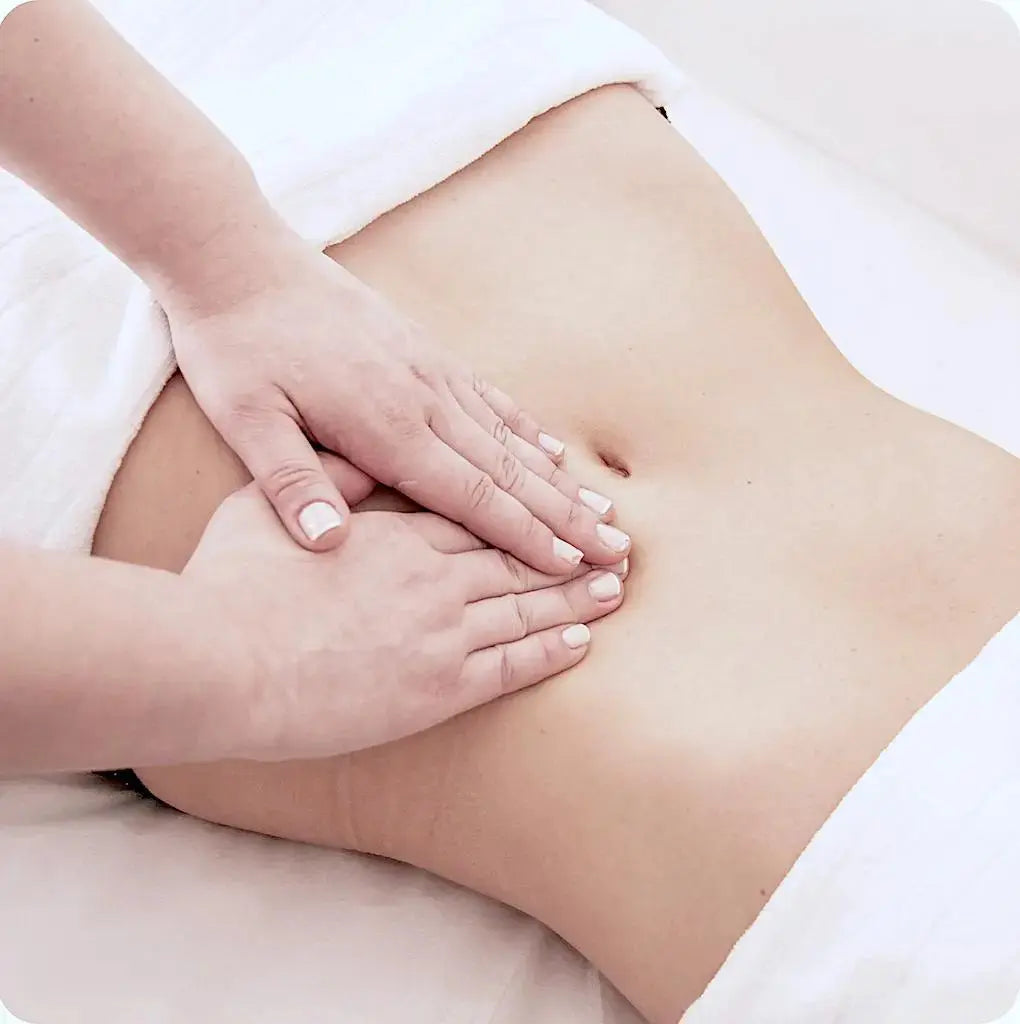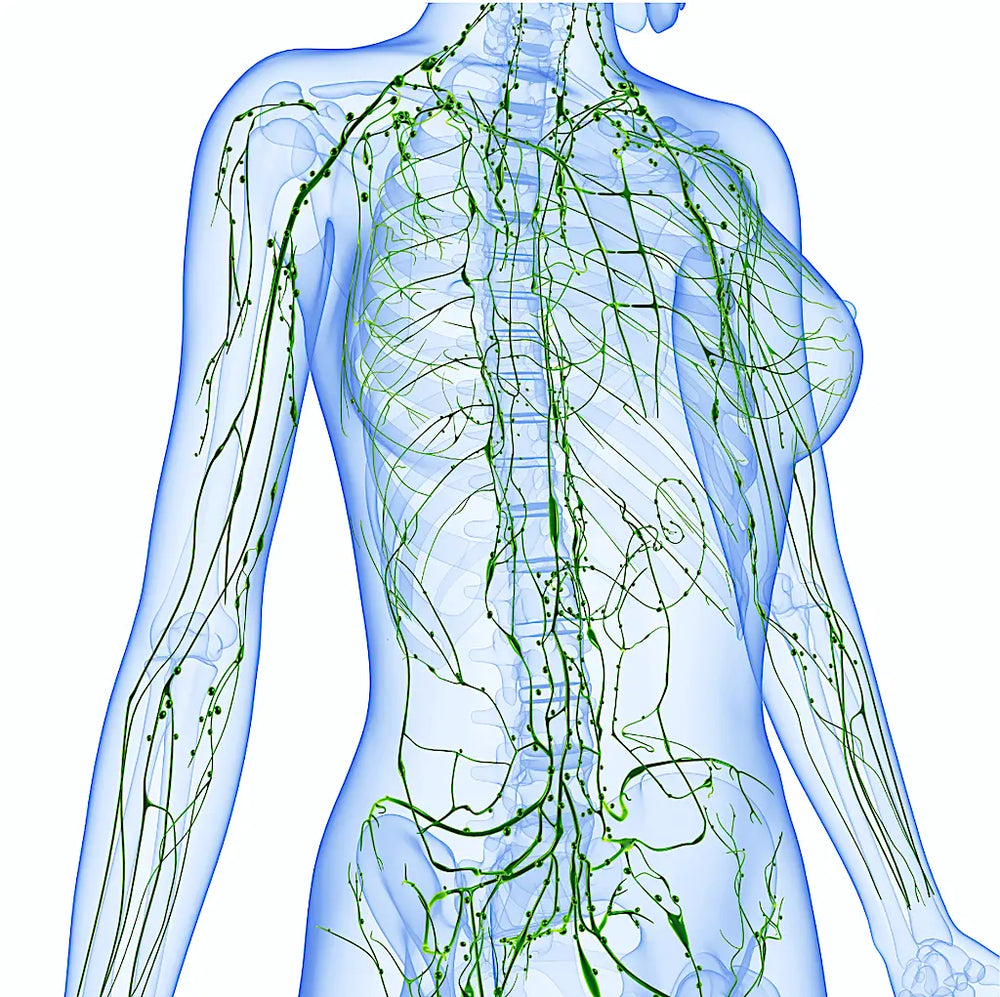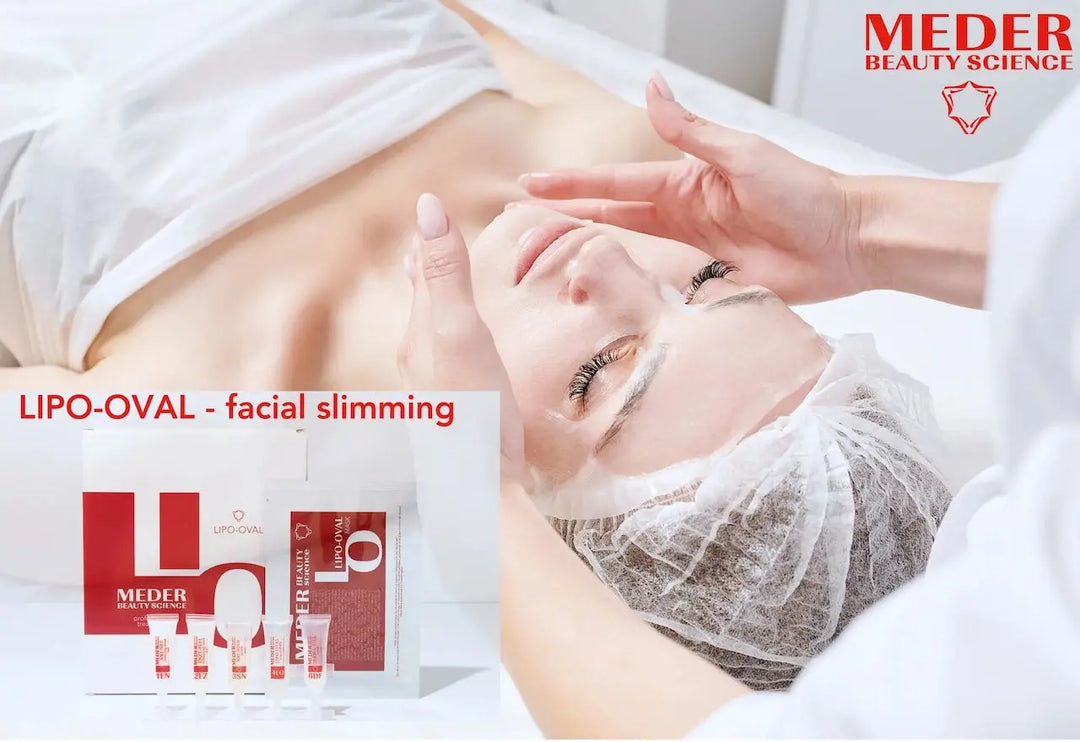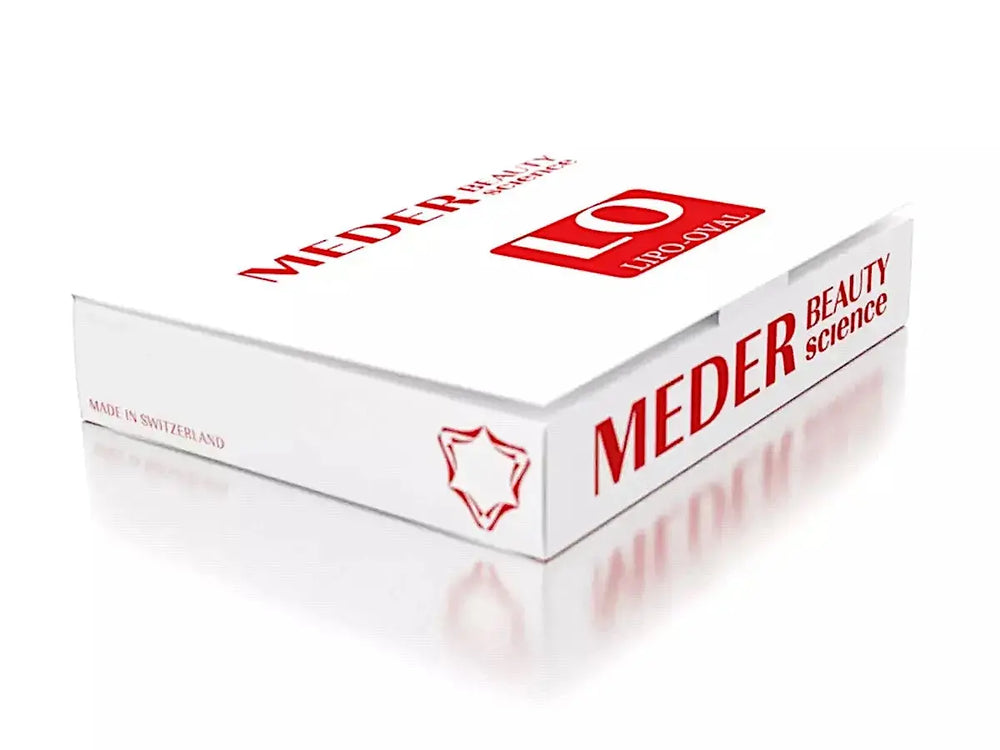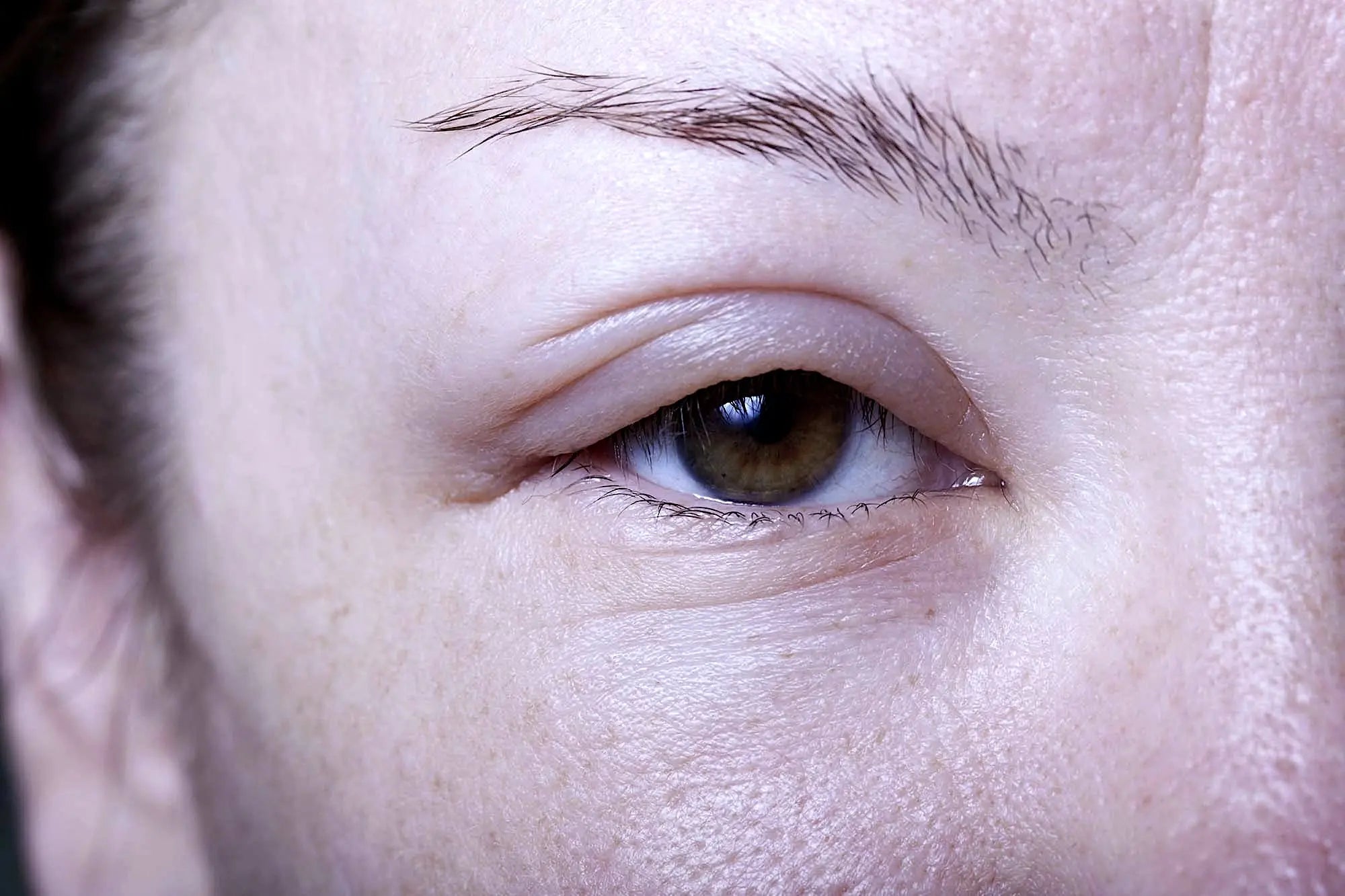
PUFFY FACE
Less puffiness, more taut skin
Puffy / Swollen face
Hormonal fluctuations
Allergies
Sinus infections
Hypothyroidism
Cushing's syndrome
About Puffy face
Puffy face refers to a condition where the face appears swollen or bloated, often due to fluid retention, inflammation, or other underlying health issues.
This puffiness can affect various areas of the face, including the cheeks, eyes, and jawline.
Common causes of a puffy face include lack of sleep, dehydration, allergies, sinus congestion, hormonal changes, excessive salt intake, alcohol consumption, and certain medical conditions such as thyroid disorders or kidney problems. It can also be a temporary reaction to dietary or lifestyle factors, stress, or environmental triggers.
Splash of Coolness: Start your morning routine by rinsing your face with cool or lukewarm water. This simple step can reduce initial swelling.
Cool Compress Comfort: Apply a cold compress to the affected area. This soothing technique is excellent for diminishing swelling and revitalizing your appearance.
Hydration Matters: Stay well-hydrated throughout the day by drinking ample water. Adequate hydration can help regulate fluid balance and reduce puffiness.
Move Towards Fitness: Incorporating regular exercise into your routine not only boosts overall health but can also aid in reducing facial puffiness.
Numerous factors can contribute to a puffy face in the morning, including underlying health issues, dietary choices, sleep patterns, makeup, foods, and alcohol consumption.
Physical Causes and Health Conditions:
• Fluid Retention: Excess fluid can accumulate in the tissues of the face, leading to puffiness. This can be due to factors such as dehydration, high salt intake, hormonal changes (such as during menstruation or pregnancy), or certain medical conditions like kidney or heart problems.
• Allergies: Allergic reactions to environmental allergens, such as pollen, dust, pet dander, or certain foods, can cause inflammation and swelling in the face.
• Sinus Congestion: Sinusitis or sinus congestion can cause swelling around the eyes and cheeks due to inflammation of the sinus cavities.
• Lack of Sleep: Not getting enough sleep can lead to fluid retention and poor circulation, resulting in a puffy appearance around the eyes and face.
• Alcohol Consumption: Excessive alcohol intake can dehydrate the body and lead to puffiness in the face, particularly around the eyes.
• High Sodium Diet: Consuming foods high in salt can cause water retention in the body, leading to facial puffiness.
• Stress: Chronic stress can trigger inflammation in the body, including the face, leading to puffiness and swelling.
• Hormonal Changes: Fluctuations in hormone levels, such as those occurring during menstruation, pregnancy, or menopause, can cause fluid retention and puffiness in the face.
• Medications: Certain medications, such as corticosteroids, hormone therapies, or antidepressants, may cause facial swelling as a side effect.
• Infections: Infections such as cellulitis or dental abscesses can lead to facial swelling and puffiness.
• Sinus Infections: Sinusitis, or sinus infection, can lead to inflammation and congestion in the sinuses, which are located in the facial area around the nose and cheeks. This inflammation can cause swelling and puffiness in the face, particularly around the eyes and cheeks.
• Hypothyroidism: Hypothyroidism is a condition in which the thyroid gland does not produce enough thyroid hormone. One of the symptoms of hypothyroidism is facial puffiness, often referred to as "myxedema." This occurs due to fluid retention in the tissues, which can result in a swollen appearance, especially around the eyes and cheeks.
• Cushing's Syndrome: Cushing's syndrome is a disorder characterized by prolonged exposure to high levels of cortisol, a stress hormone, in the body. Excess cortisol can cause fluid retention and redistribution of fat, leading to characteristic features such as a round, "moon-shaped" face with puffiness, particularly in the cheeks and neck.
Dietary and Lifestyle Influences
To help alleviate puffiness, consider introducing anti-inflammatory foods like ginger, coconut, turmeric, and lemons into your diet. These ingredients can be added to smoothies, oatmeal, salads, or even infused into your beverages.
Additionally, incorporating fresh fruits and low-fat dairy products, rich in vitamin B5, calcium, and vitamin D, can aid in reducing morning facial puffiness.
While it may not always be possible to completely prevent facial puffiness in the morning, adopting the following strategies can be helpful:
Prevention Strategies:
- Avoiding sodium-rich foods, particularly later in the evening
- Steering clear of refined carbohydrates later in the day
- Abstaining from late-night eating
- Avoiding excessive sleep
- Sleeping on your back
- Staying consistently hydrated throughout the day and evening
- Minimizing alcohol consumption
Limit High-Sodium Foods:
Cutting down on foods high in sodium, especially before bedtime, can play a significant role in reducing facial puffiness. Some examples include processed meats, crisps, anchovies, cheese, olives, pickles, salted nuts, and soy sauce.
Effective Treatments and Techniques:
Addressing the root cause of facial puffiness can be achieved through various treatments and practices:
- Stay Hydrated: Increase your daily water intake.
- Tea Bag Trick: Applying cold tea bags to your eyes can help alleviate puffiness.
- Caffeine-Infused Skincare: Consider using skincare products infused with caffeine.
- Facial Rolling: Utilize a facial roller to reduce swelling.
- Icy Compress: Applying ice to your skin can help decrease puffiness.
- Elevate Your Head: Sleeping with your head elevated can prevent fluid retention.
- LED Mask - Red Light Therapy: Red light therapy can promote skin health.
- Hydrating Serums: Incorporate ultra-hydrating serums for a glossy, plump complexion.
- Lymphatic Drainage Facials: These facials can boost circulation, enhance skin brightness, reduce puffiness, and assist with breakouts.
Remember, a combination of proper skincare, a balanced diet, and healthy lifestyle choices can help you greet each morning with a rejuvenated and refreshed look.





